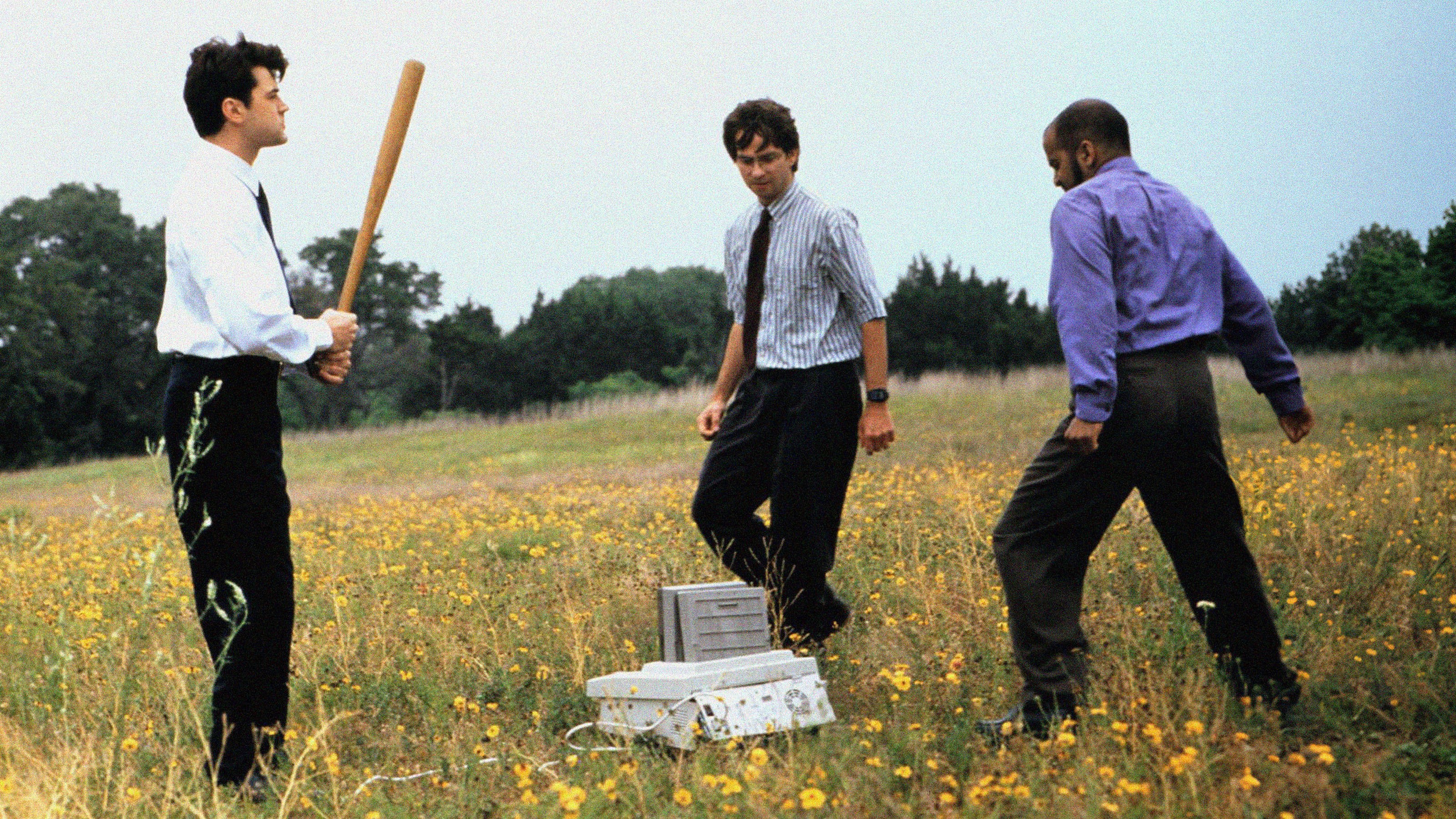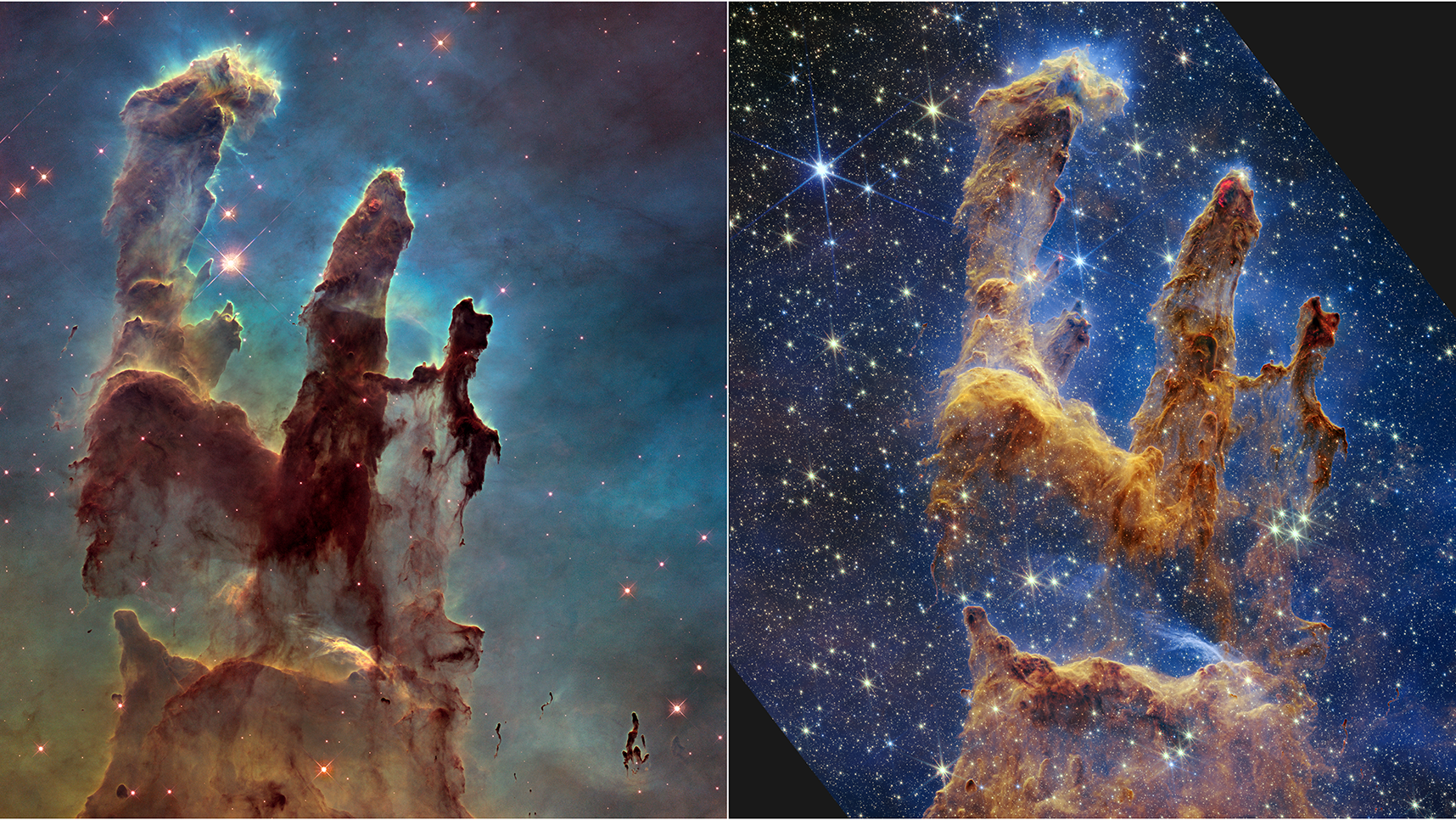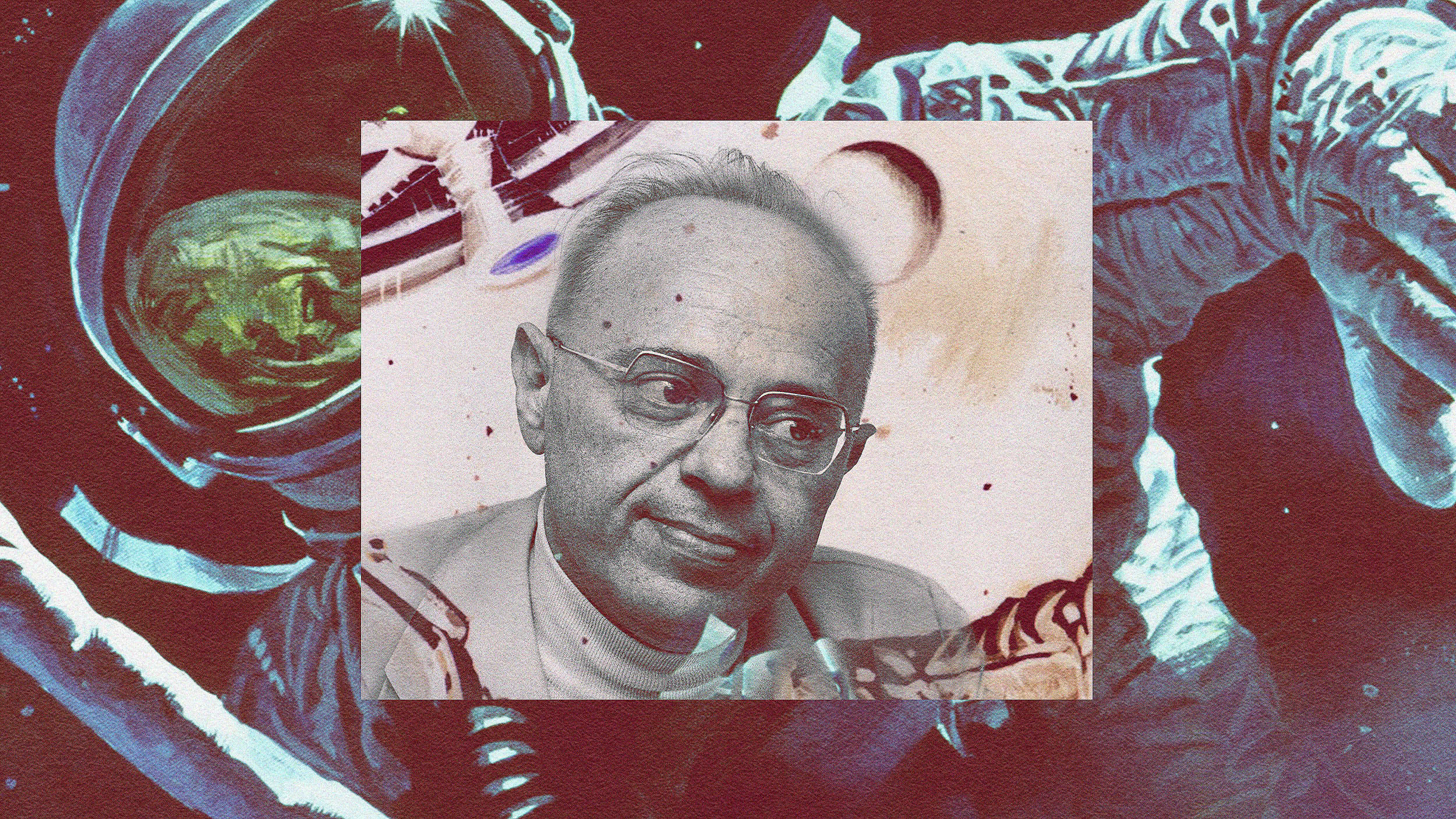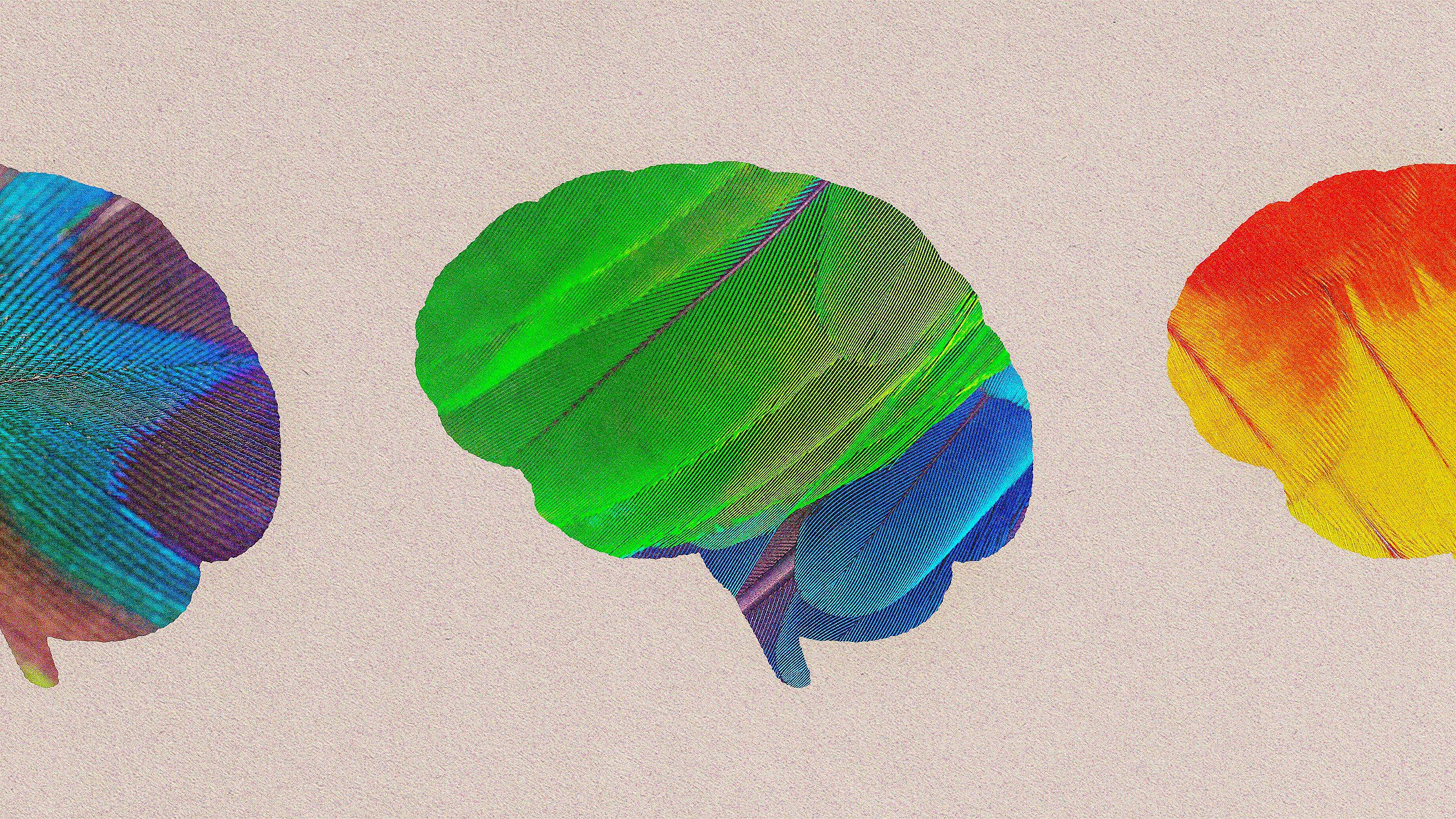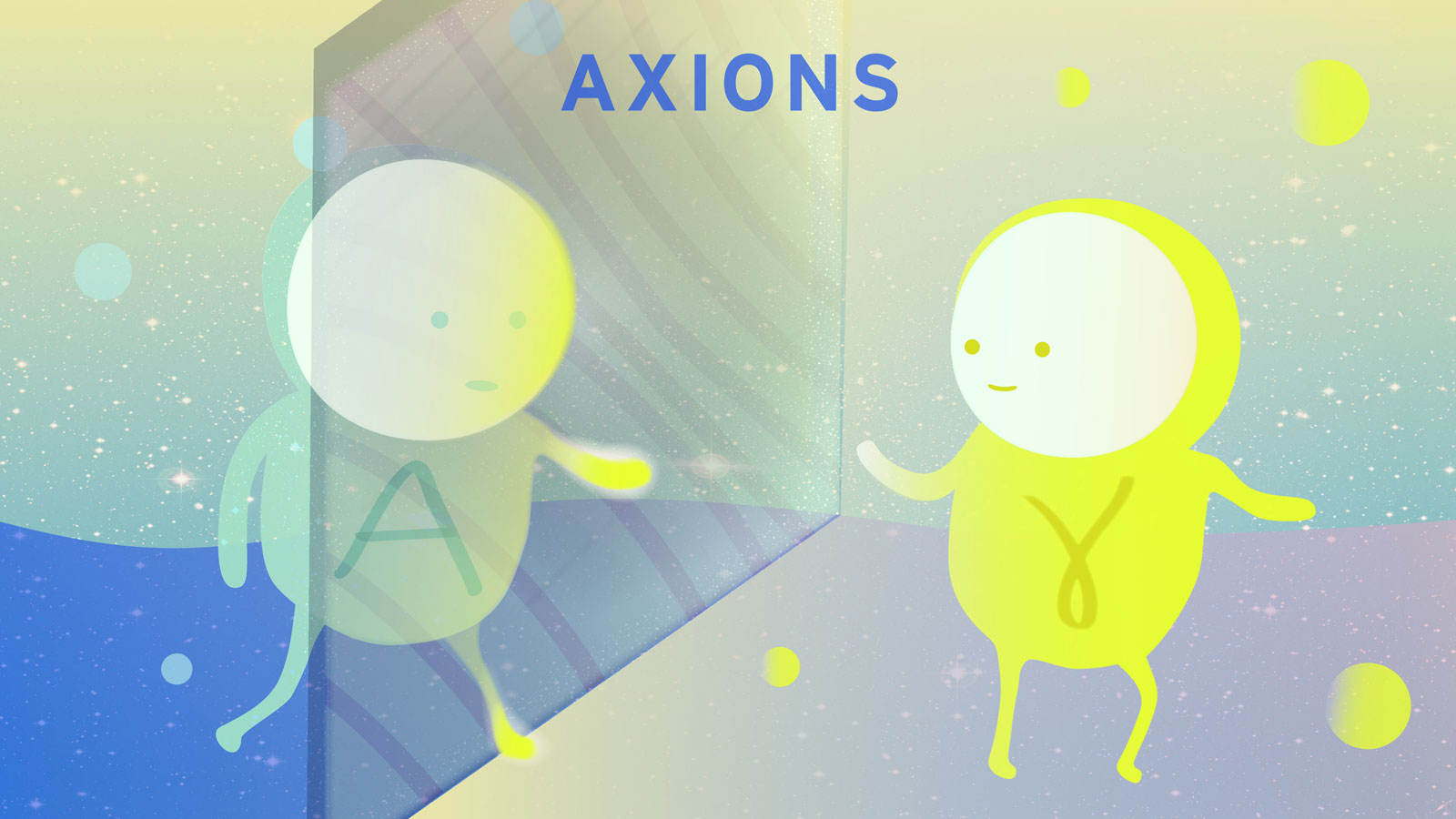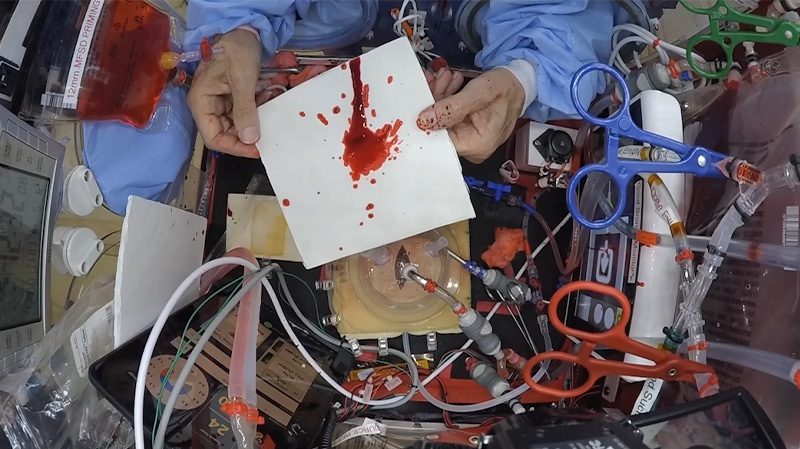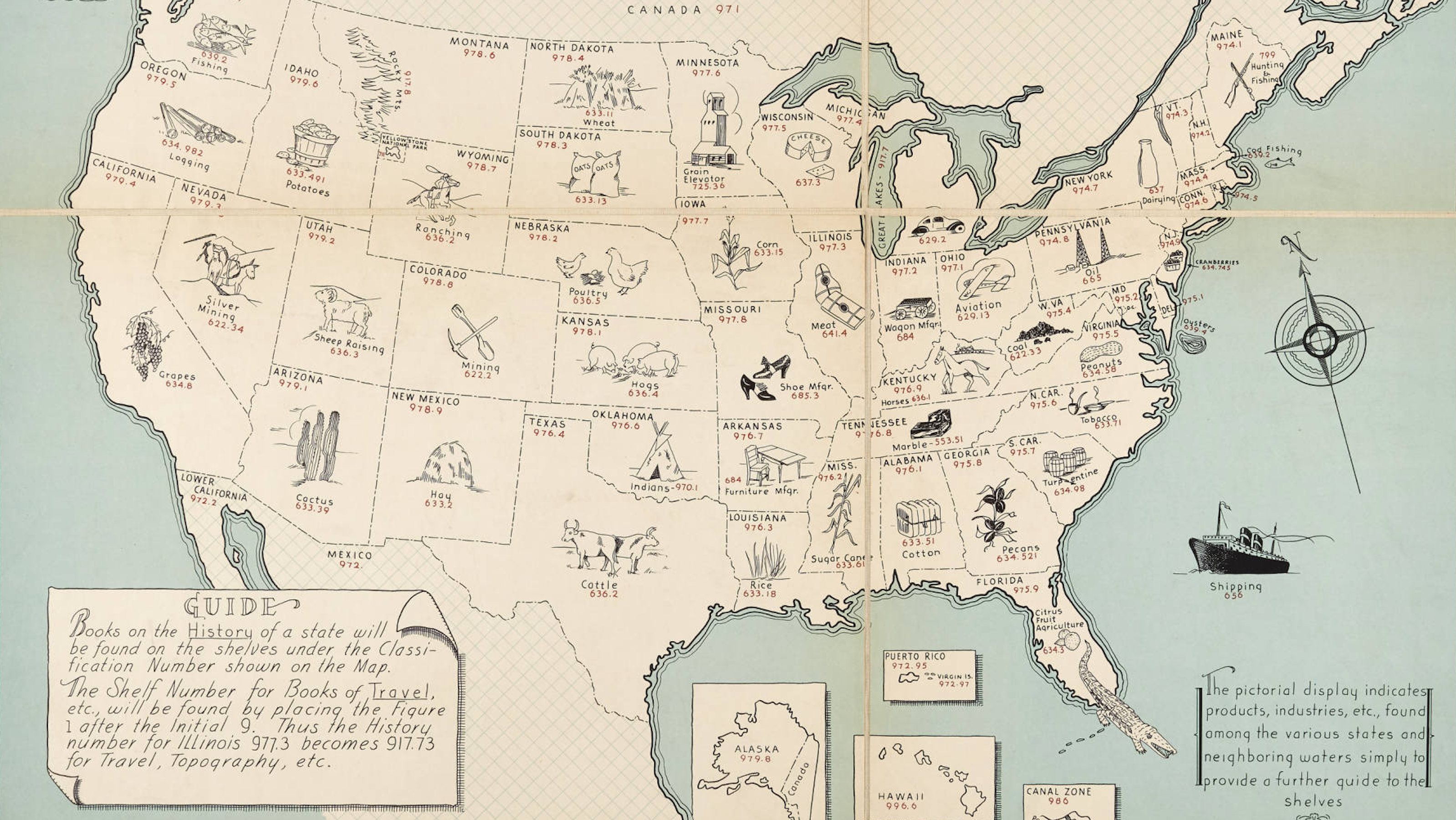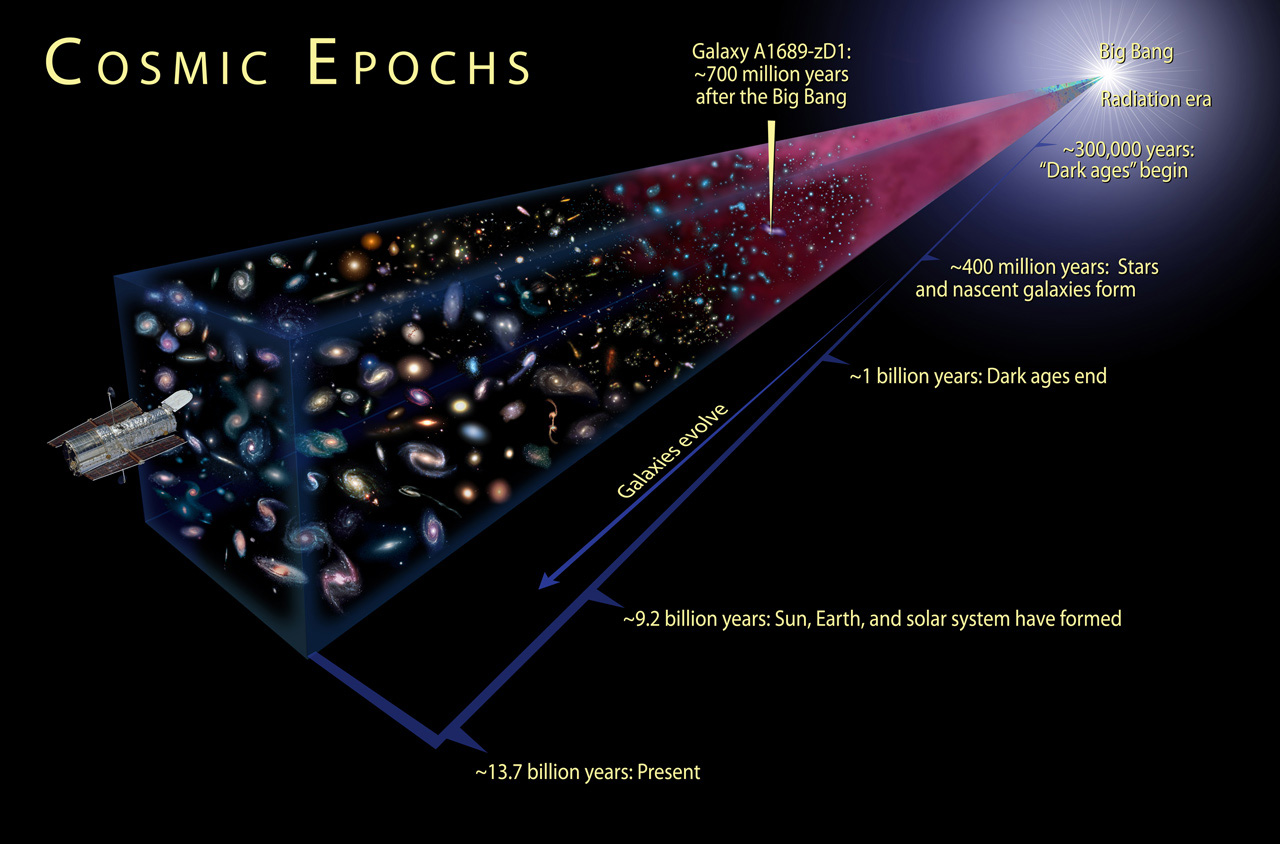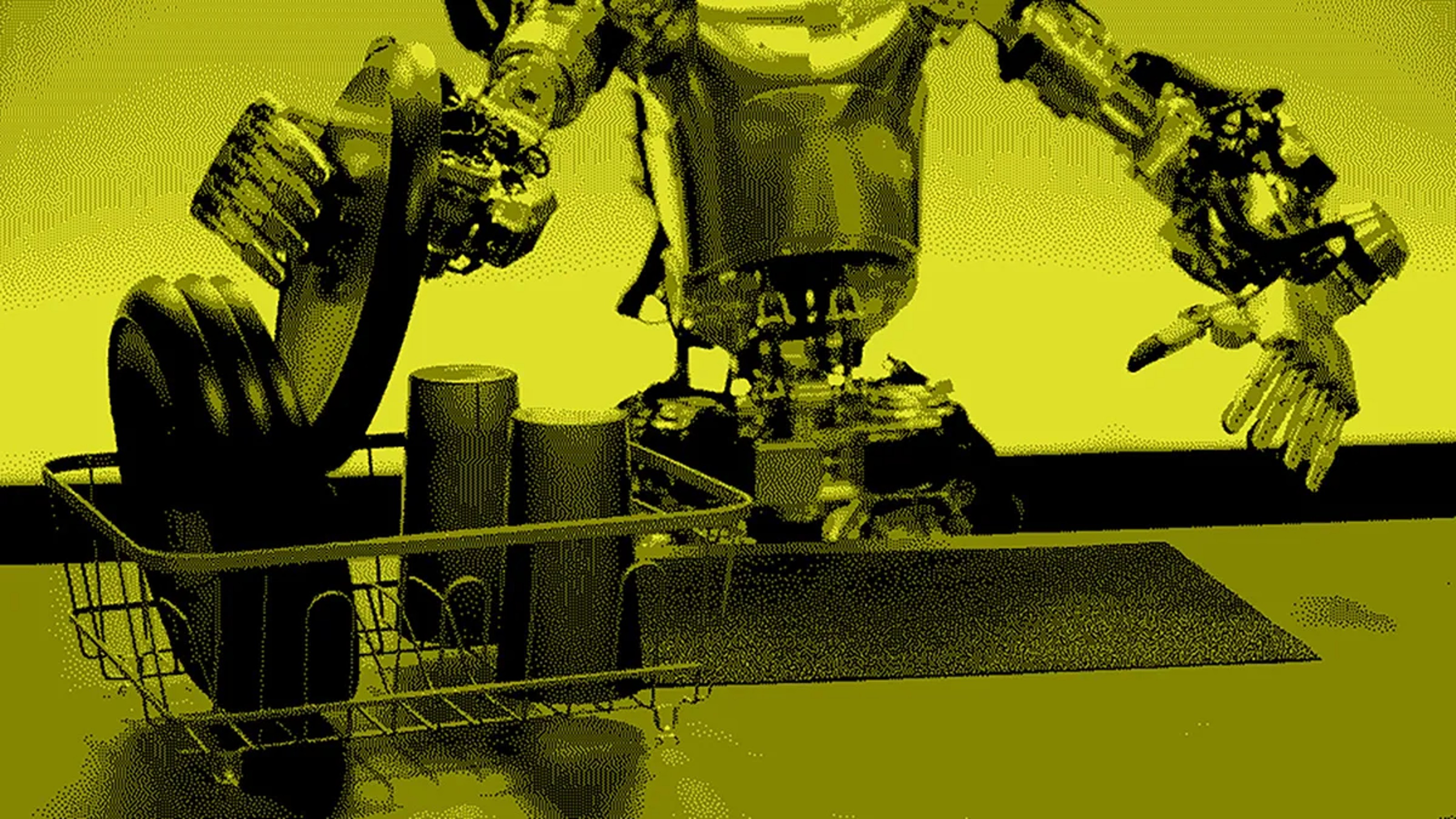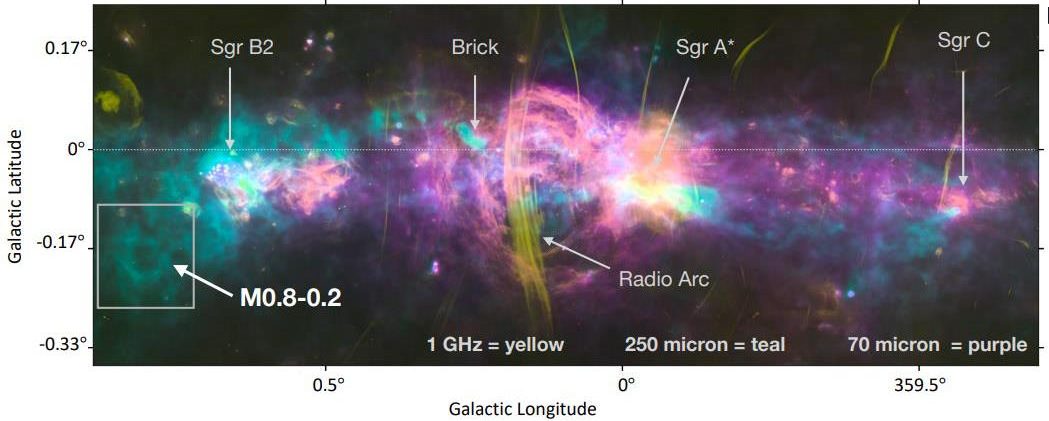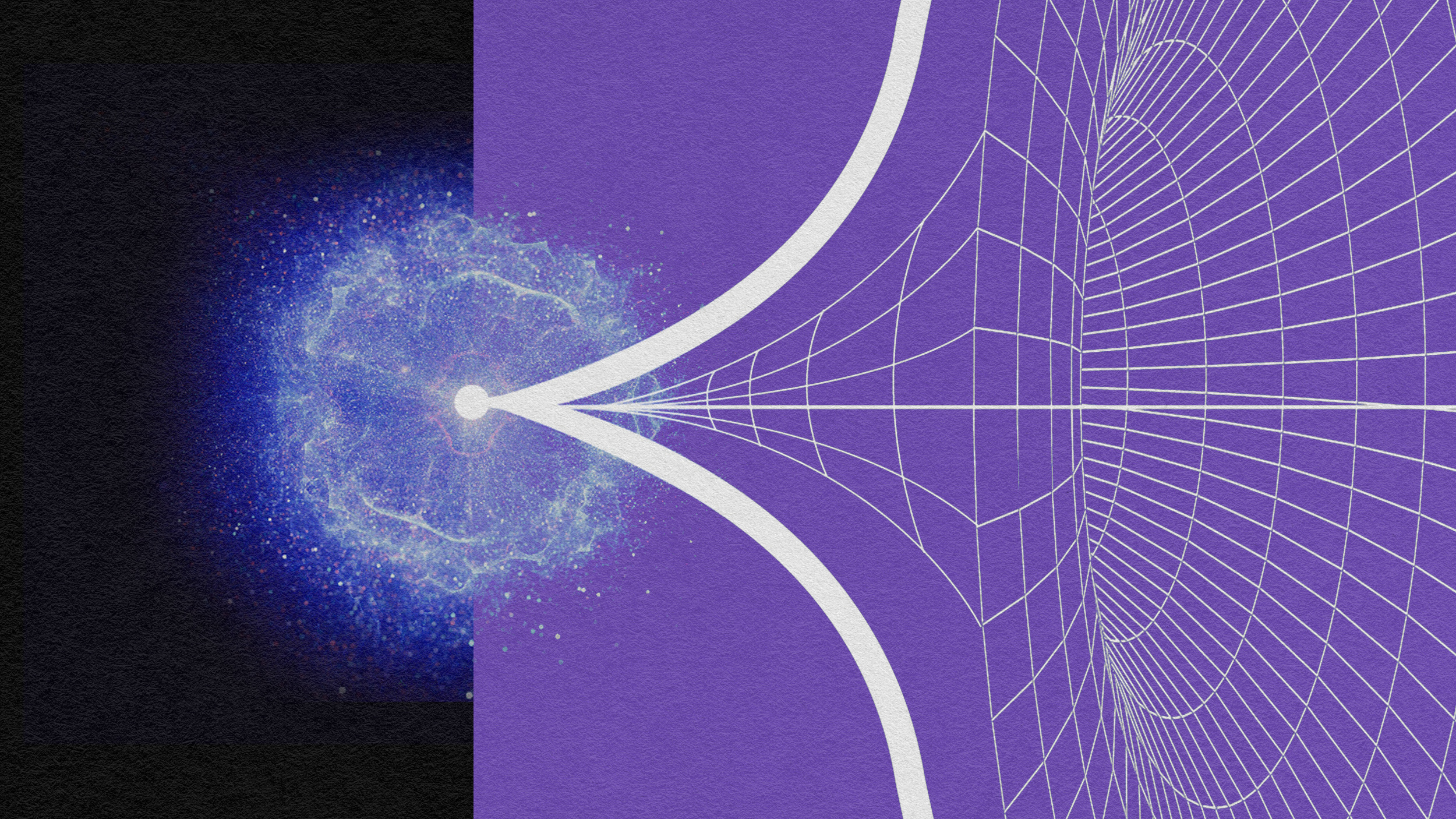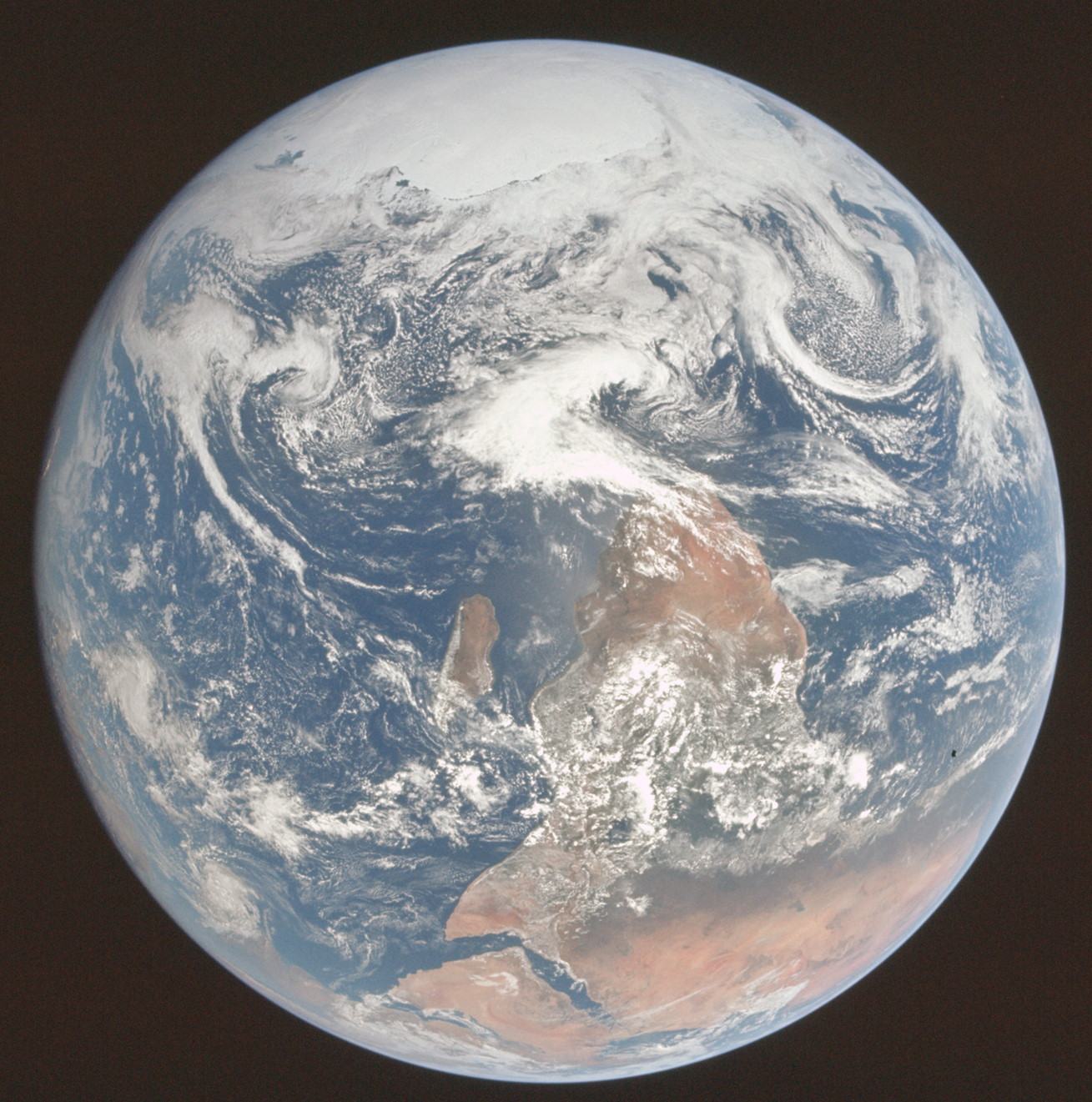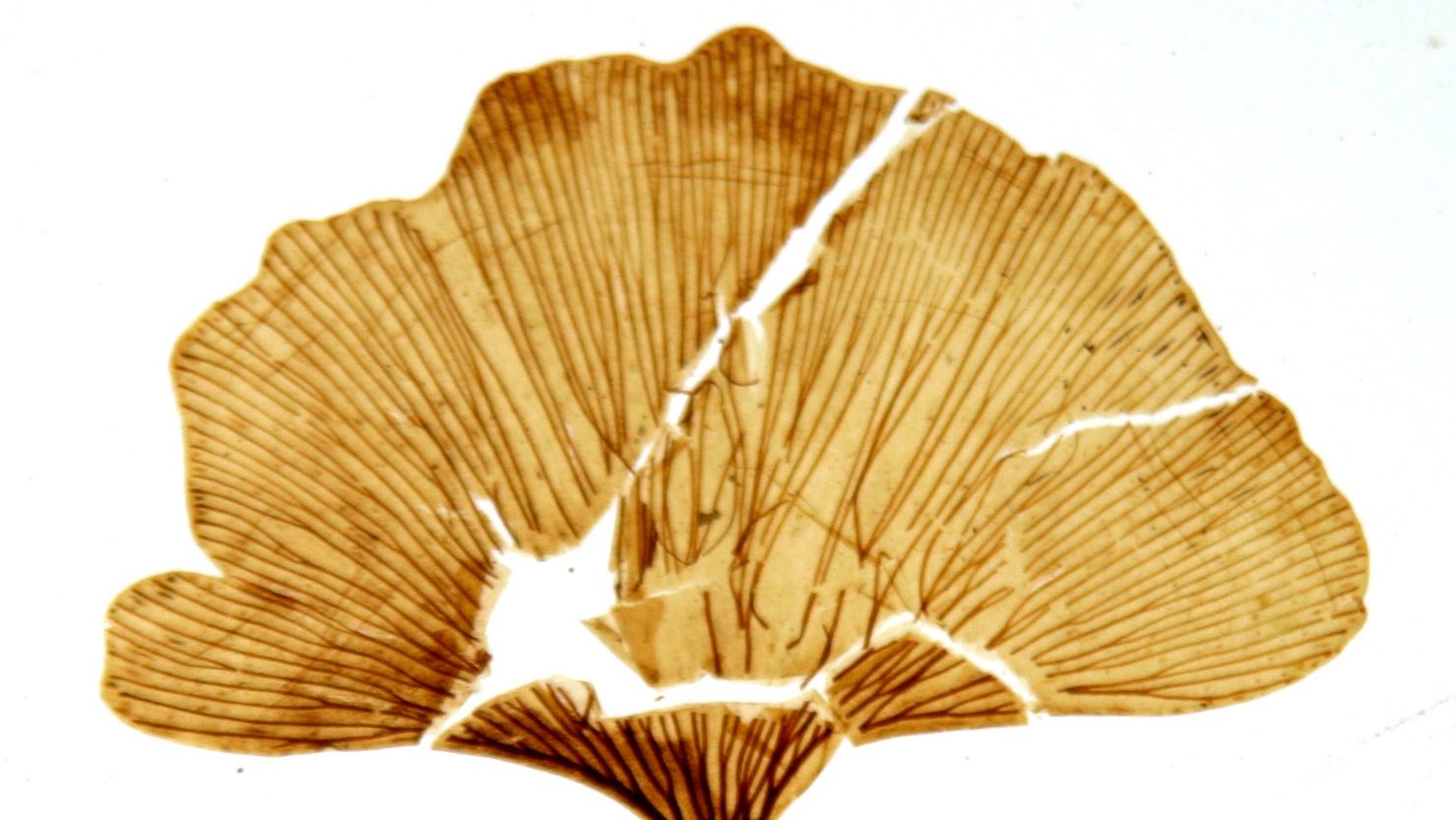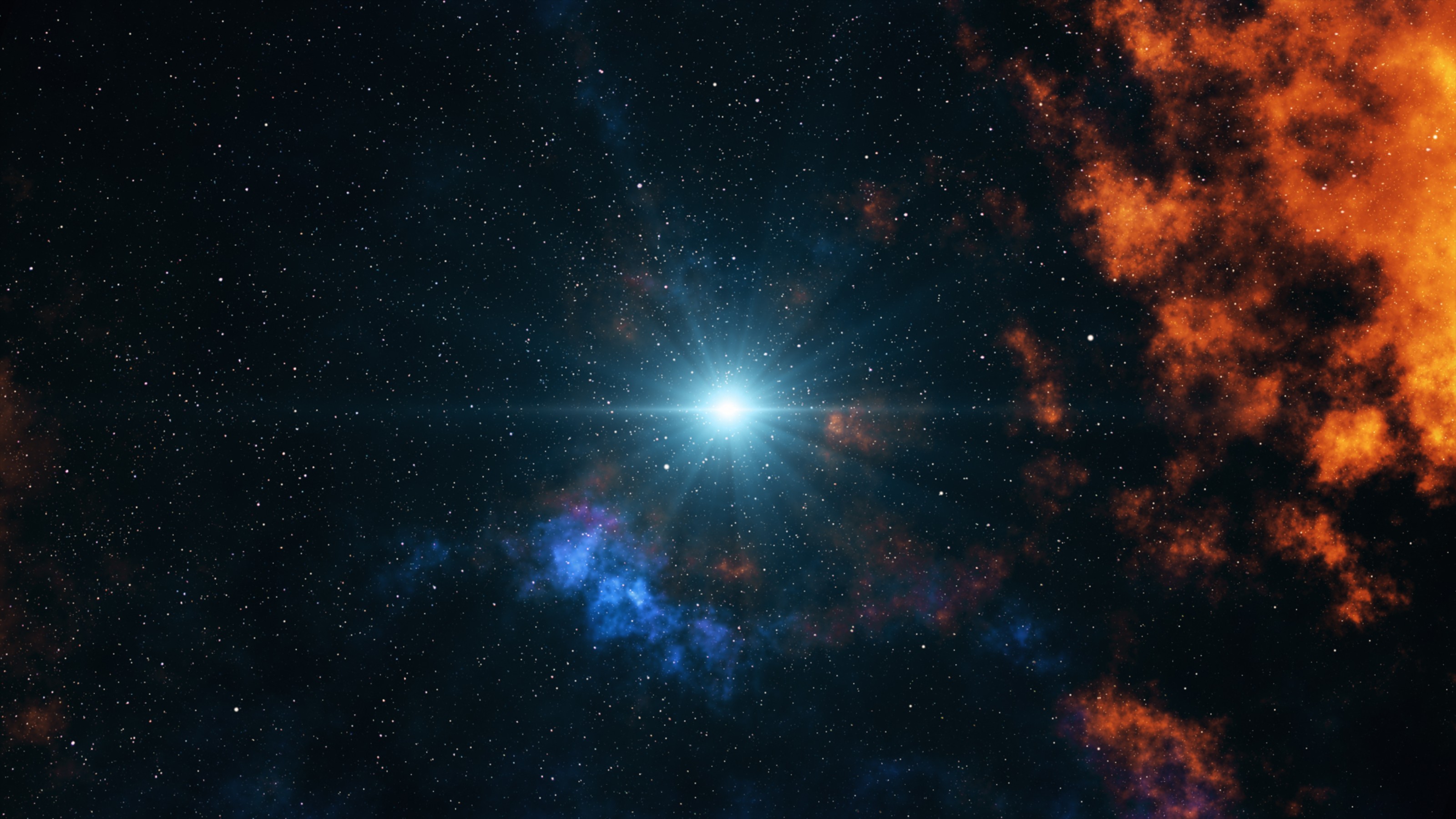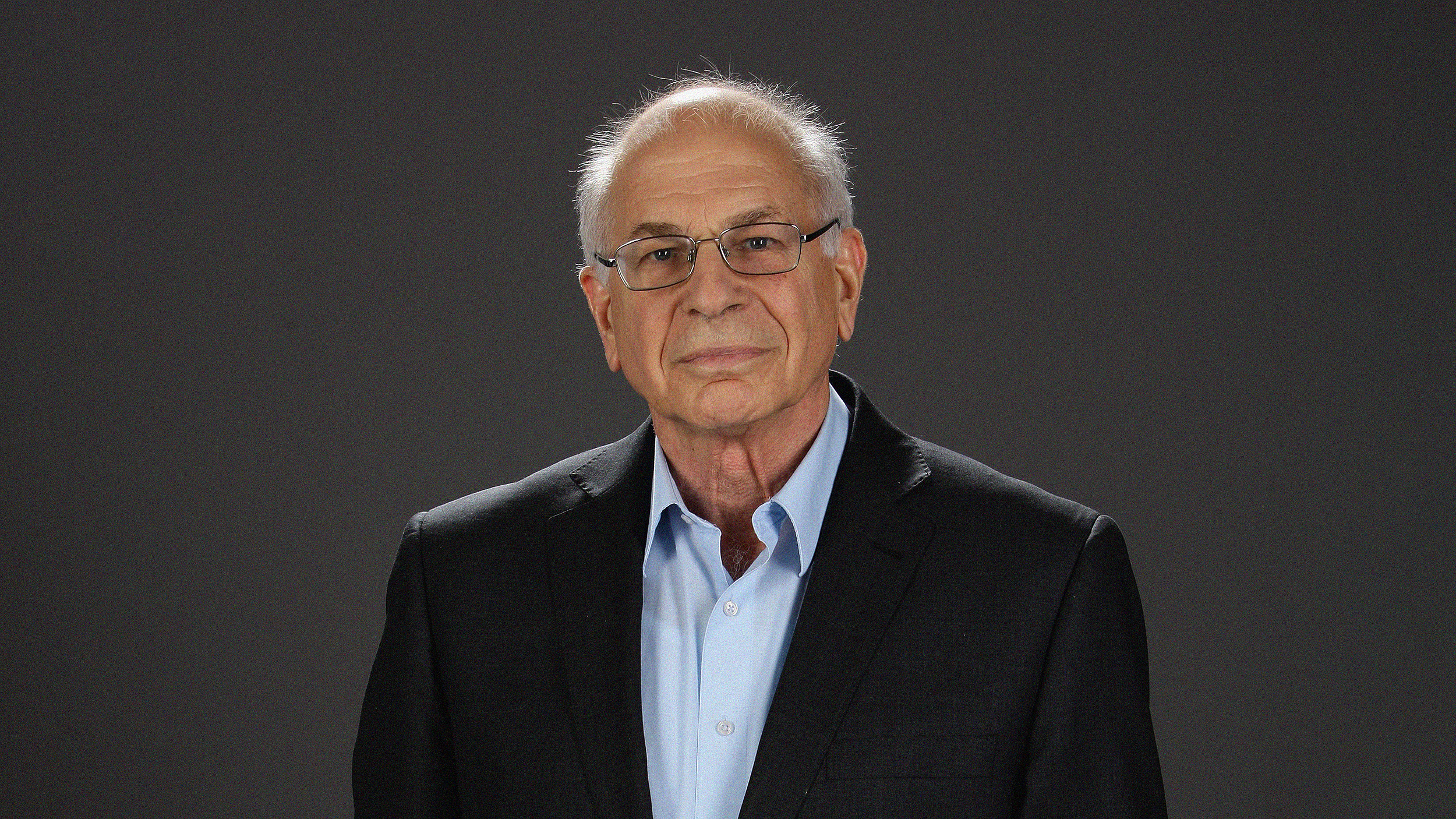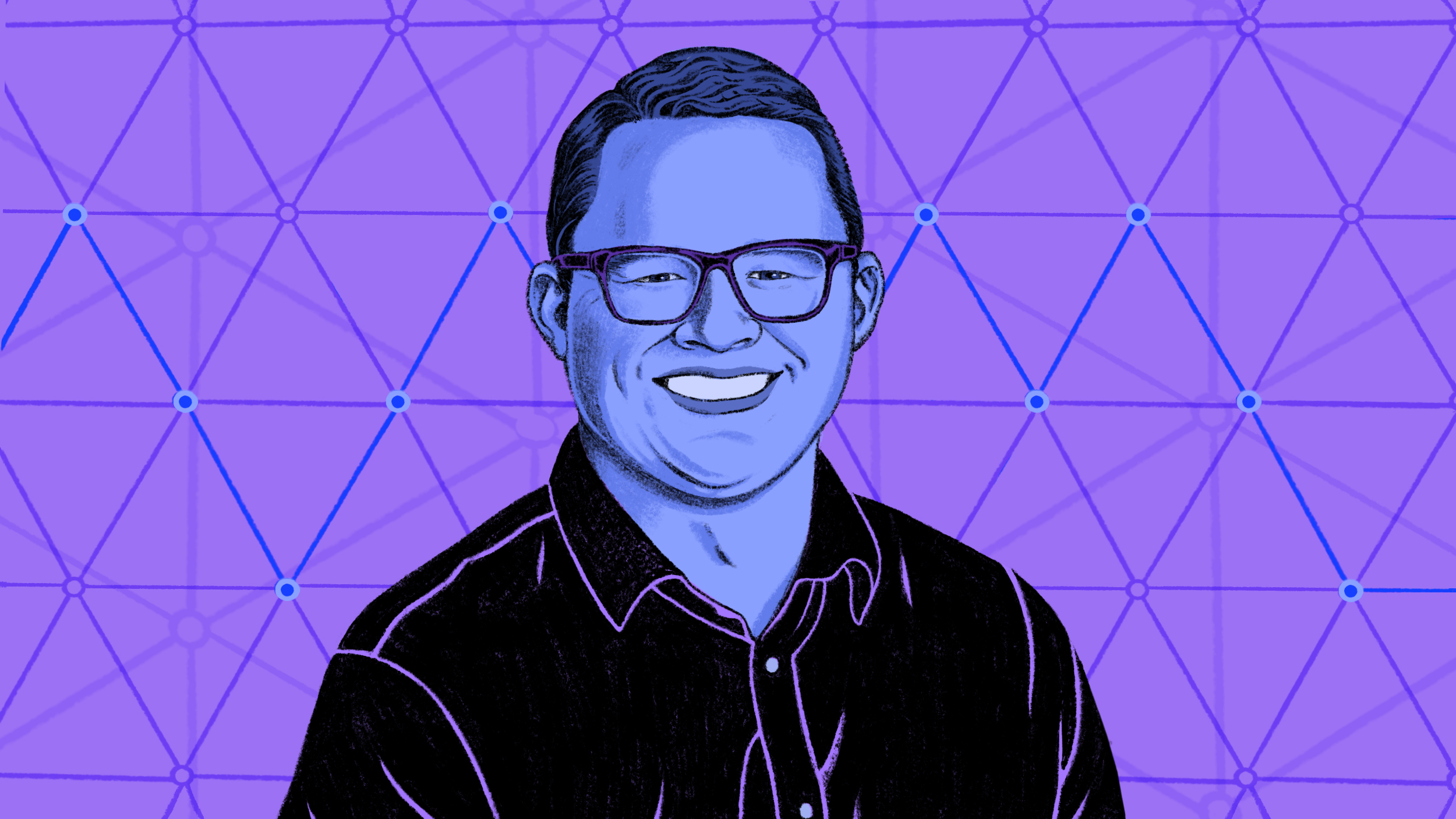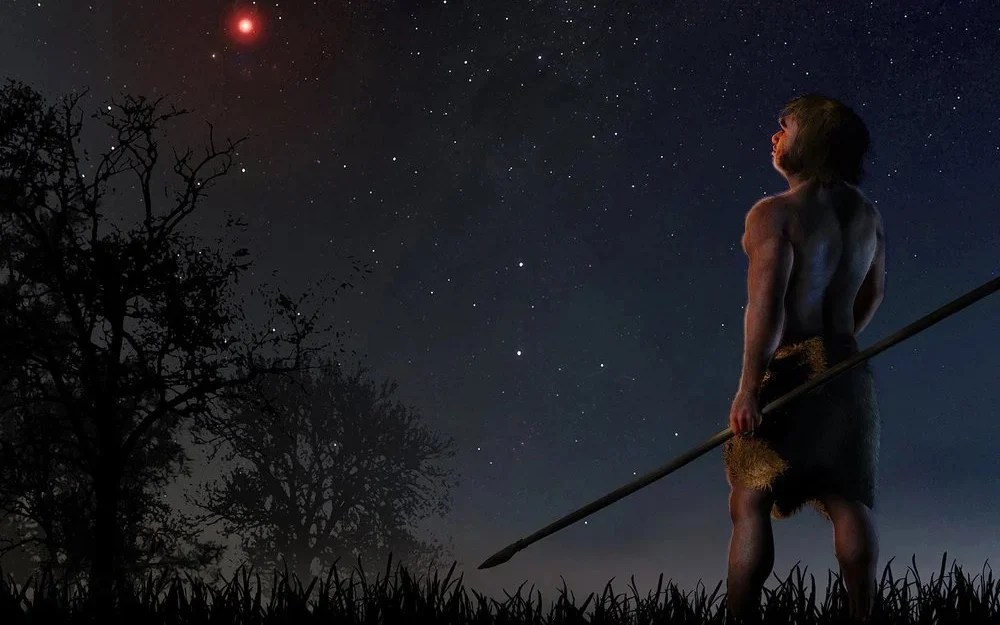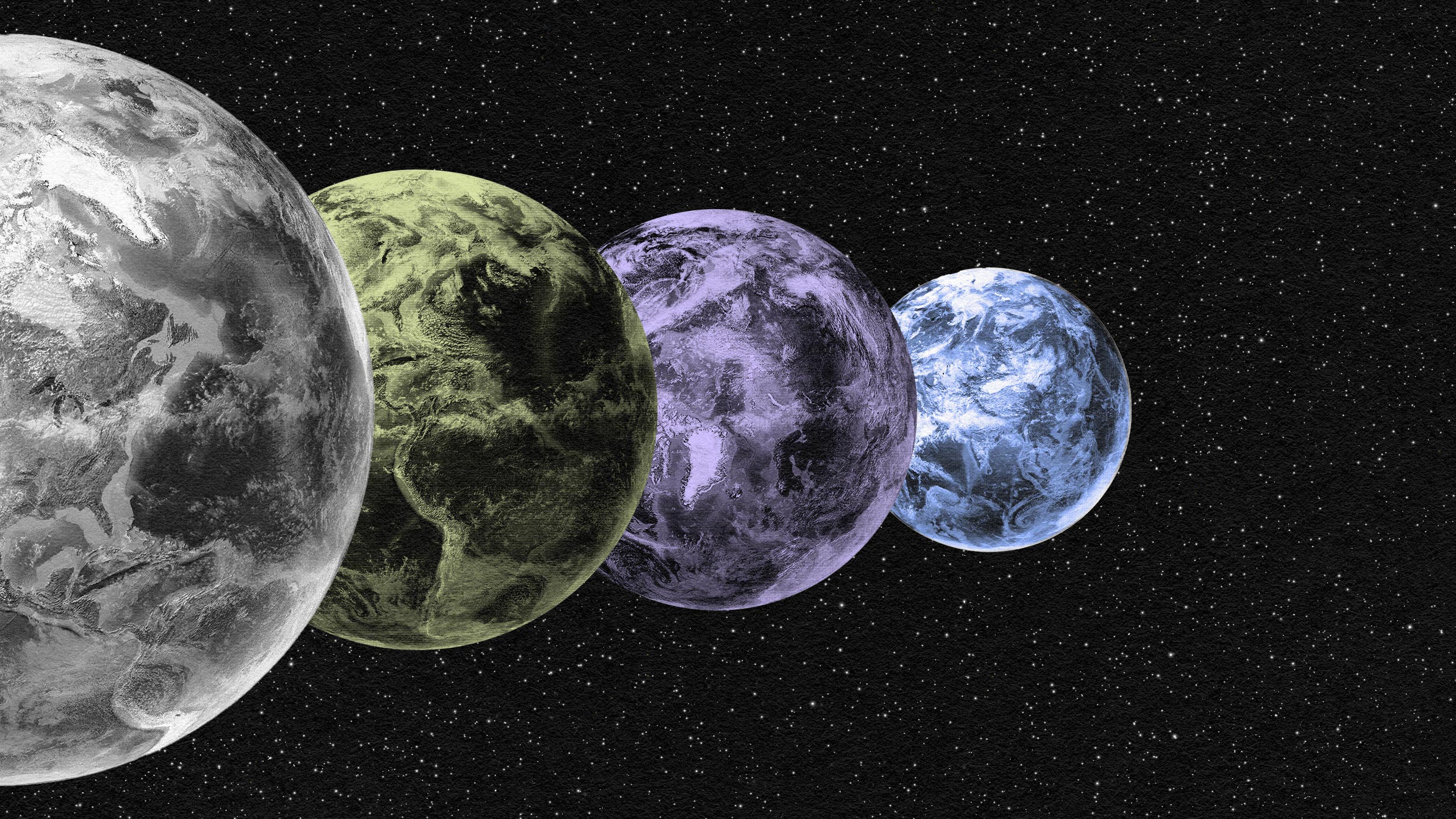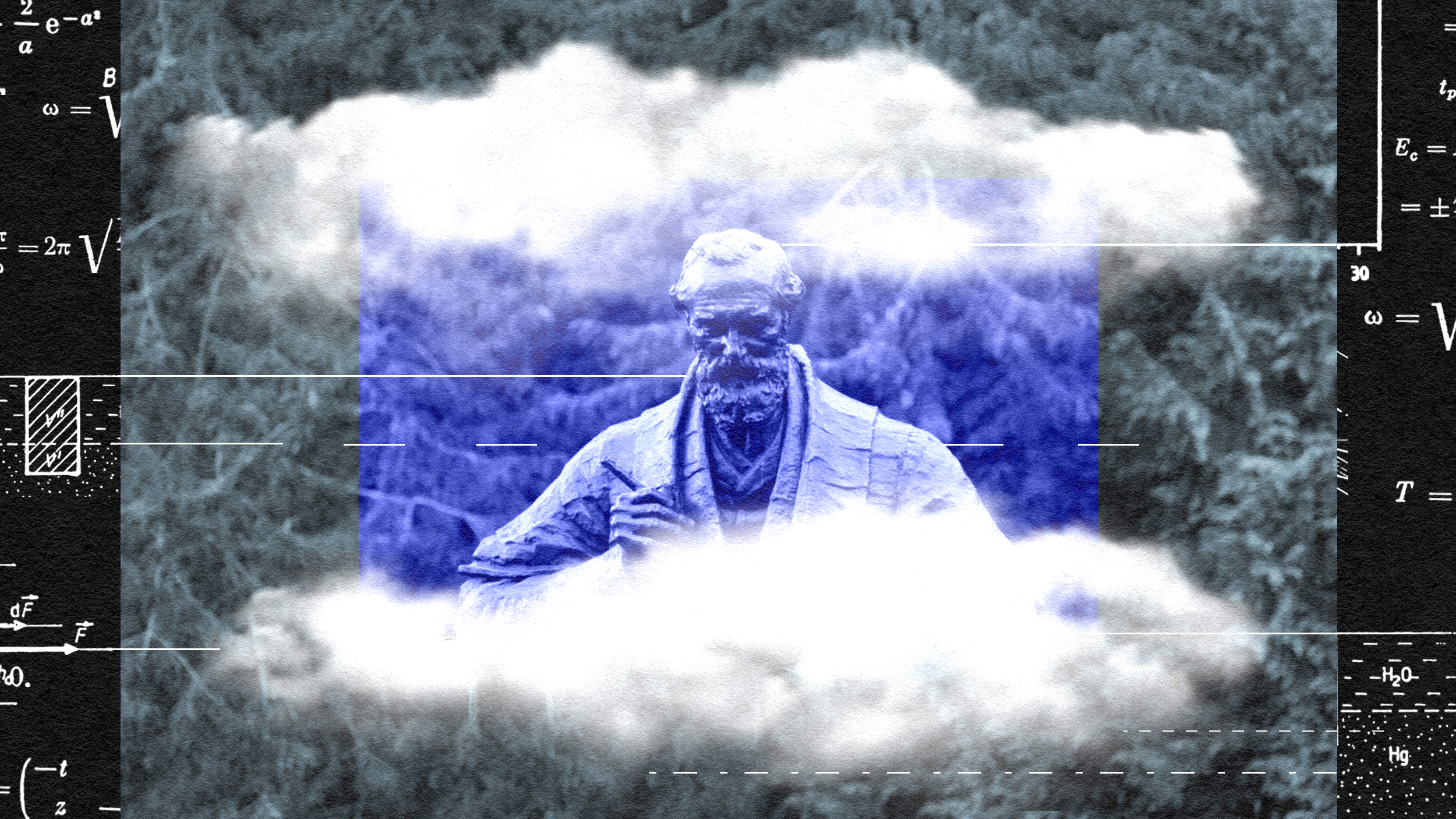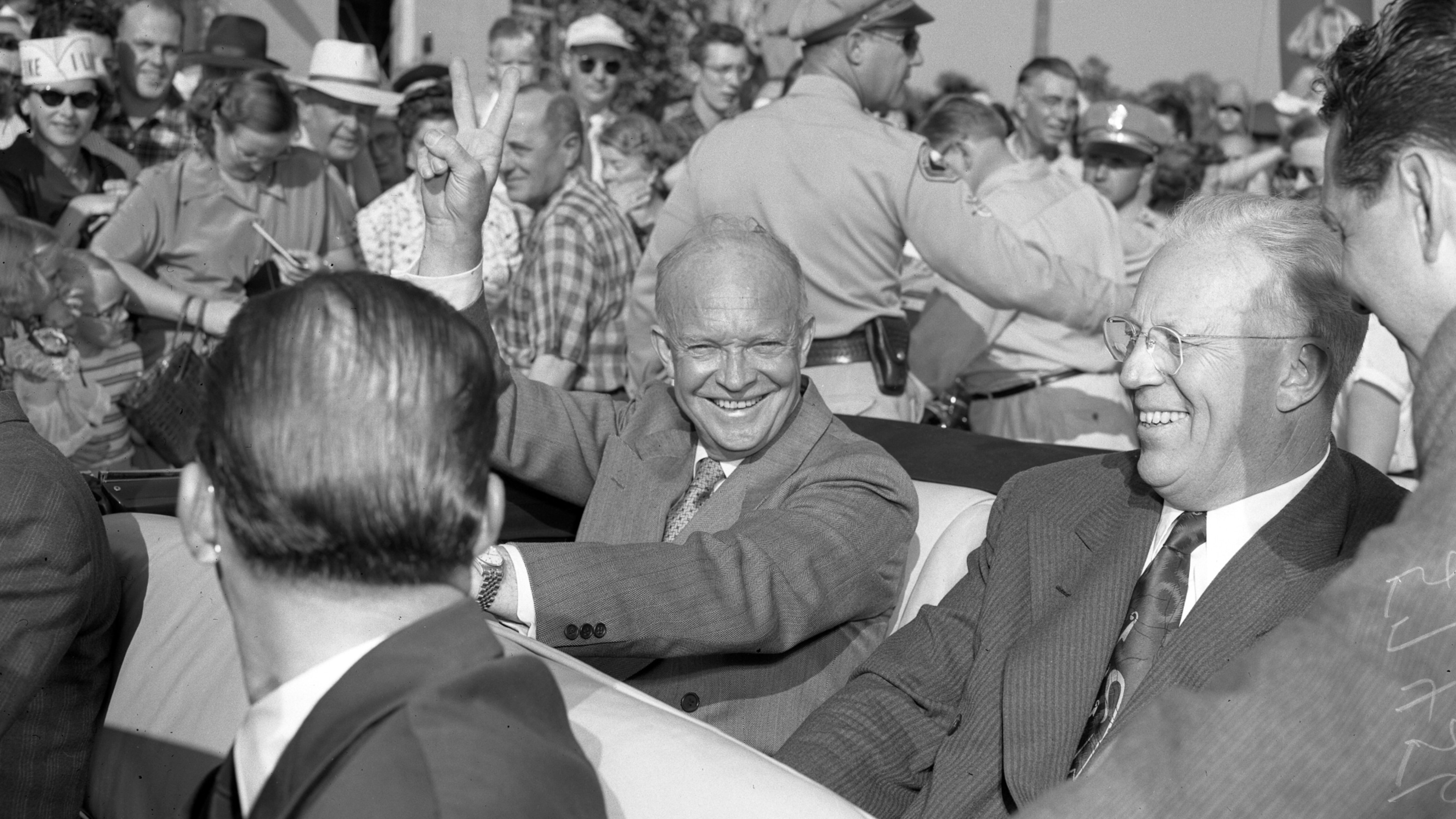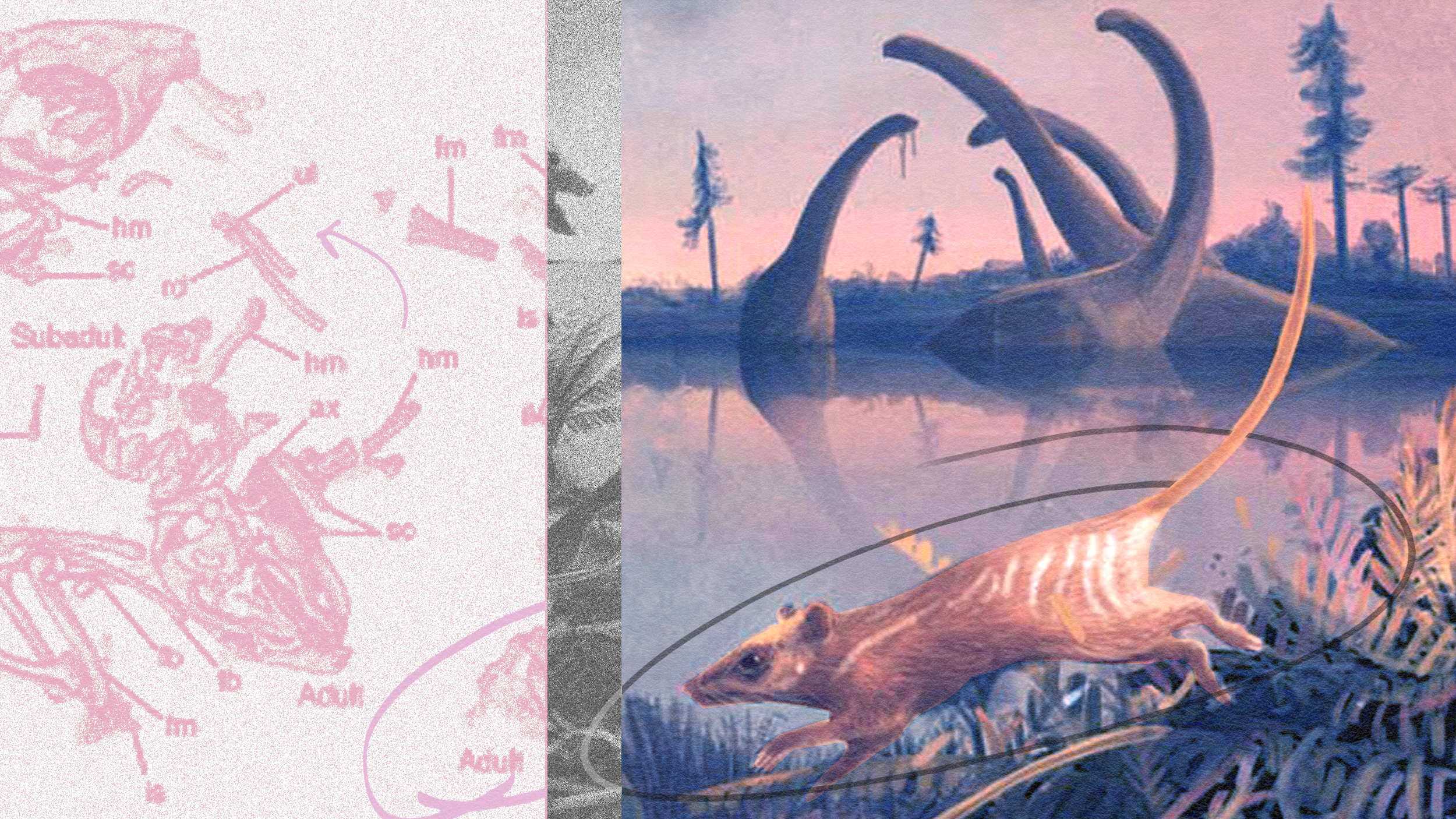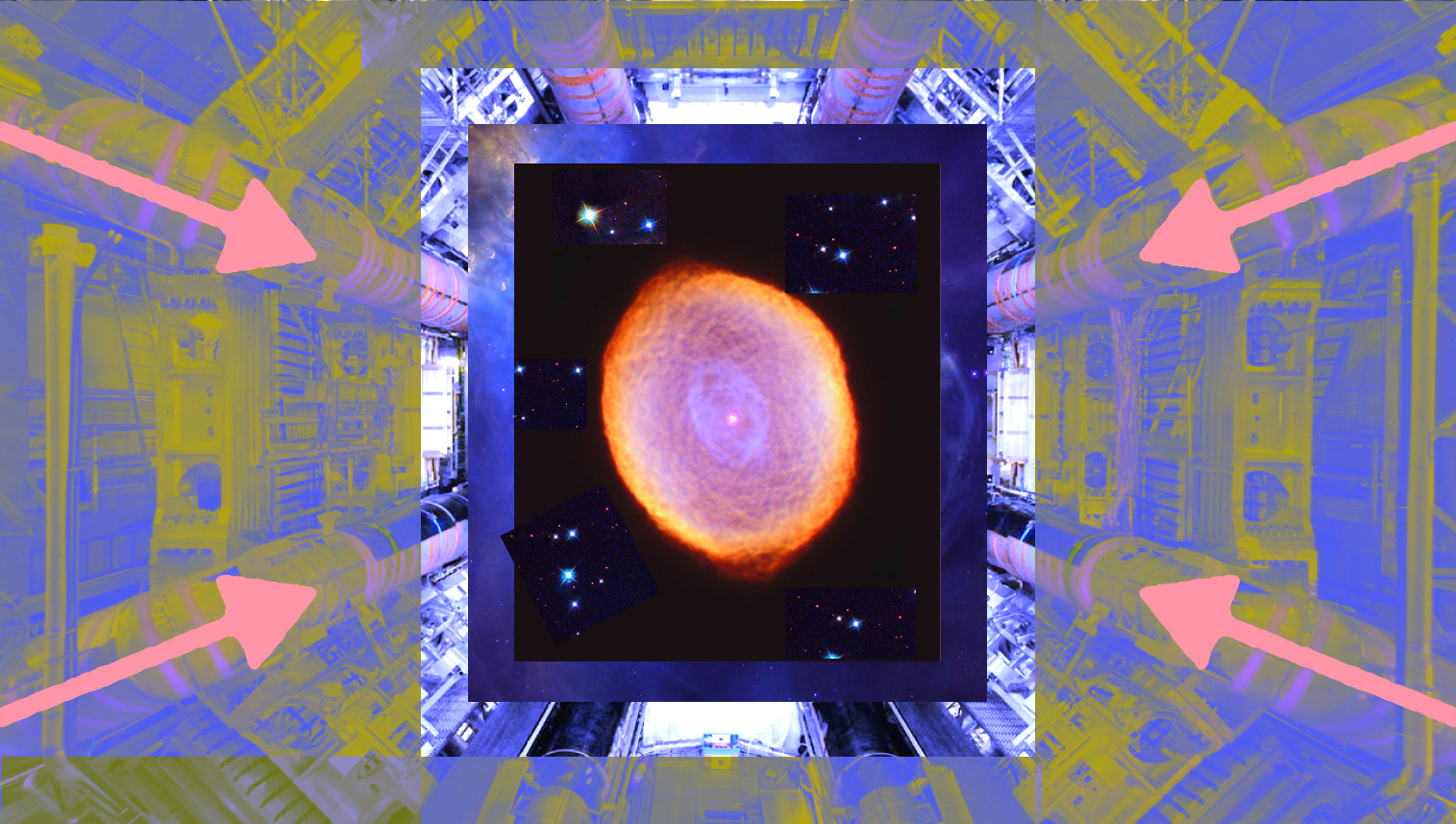Executive advisor Tiffani Bova wants leaders to value their employees as much as their customers.
All Articles
There are so many problems, all across planet Earth, that harm and threaten humanity. Why invest in researching the Universe?
Implanting machine components into human bodies, argues one scholar, could make for a better society.
Aliens are often portrayed in popular culture as humanoid. But in reality, intelligent extraterrestrials might take far stranger forms.
Step back from the AI maelstrom and explore Lem’s “Summa Technologiae” for a detached look at technology’s role in human evolution.
What the breakthrough methods of laboratory research can teach the business world about brainstorming.
The transformational change driven by AI will elevate neurodiversity inclusion as an organizational asset, argues Maureen Dunne.
The majority of the matter in our Universe isn’t made of any of the particles in the Standard Model. Could the axion save the day?
Forensics has reached the final frontier, and could be used to solve future space accidents—or crimes.
This map samples some of the digits that make up the DDC system, invented by the brilliant but flawed Melvil Dewey.
More than 90% of sexually active men will be infected with human papillomavirus in their lifetime. The virus may reduce fertility.
The old certainties of “business as usual” have been crushed by disruption — here’s a strategy for resilience.
The Universe is 13.8 billion years old, going back to the hot Big Bang. But was that truly the beginning, and is that truly its age?
We may be on the brink of finally seeing human-level intelligence in an AI — thanks to robots.
Susannah Fox, former chief technology officer for the HHS, explains how technology has empowered us to help fill in the cracks of the healthcare system.
The center of the galaxy doesn’t just host stars and a black hole, but an enormous set of rich gassy and dusty features. Find out more!
The “first cause” problem may forever remain unsolved, as it doesn’t fit with the way we do science.
Although human beings arrived on Earth just ~300,000 years ago, we’ve transformed the entire planet completely. Here’s how we did it.
Well-preserved ancient plants and other finds at the Clarkia fossil beds hint at what kind of evidence any Martian life may have left behind.
From before the Big Bang to Voyager 1, particle physicist Harry Cliff takes us on a whiz-bang tour of the Universe’s evolution.
Kahneman was a world-changing psychologist — even with his lesser known ideas on life satisfaction.
The technology is not a replacement for human labor — it’s a way to complement existing human tasks.
Despite billions of years of life on Earth, humans first arose only ~300,000 years ago. It took all that time to make our arrival possible.
Some physicists are besot with the multiverse, but if we can’t detect these other universes, how seriously should we take them?
Lord Kelvin is thought to have said there was nothing new to discover in physics. His real view was the opposite.
According to Harvard career advisor Gorick Ng, this time-saving system can help us reclaim our work-life sanity.
Although mammals may be the dominant form of life today, we’re relative newcomers on planet Earth. Here’s our place in natural history.
On the morning of April 20, 1961, all conditions were “go” for an attempt at free flight. A man was on standby with a fire extinguisher. Just in case.
In the infant Universe, particle physics reigned supreme.
Sam Smith — founder and former CEO of finnCap Group — argues that a culture of empathy will help superscale any business.
